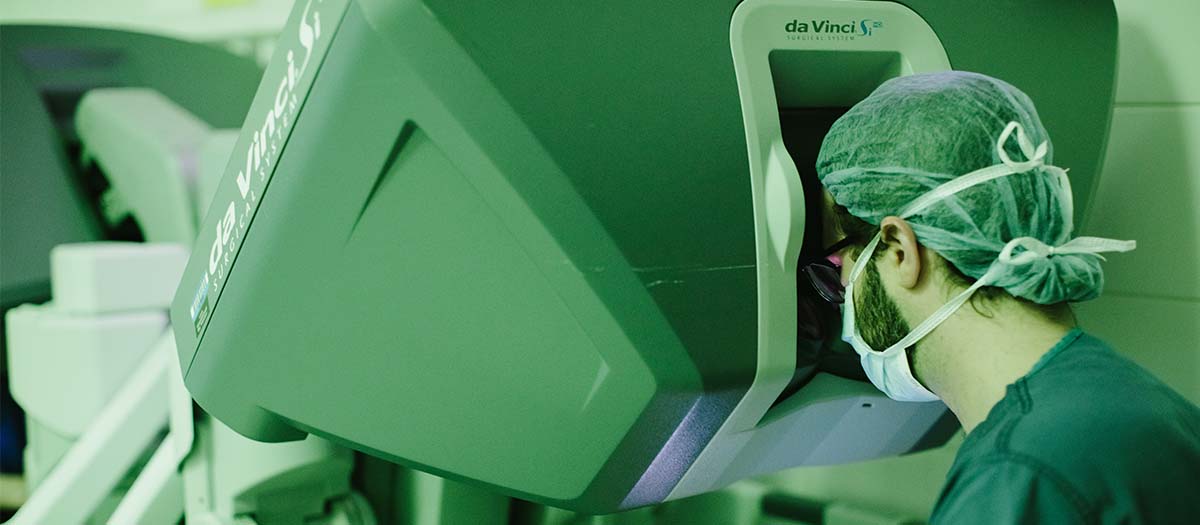When a child has longstanding abdominal pain or gastrointestinal distress, with no clear physical cause, there is growing evidence that the symptoms could be caused by stress, anxiety or other mental health factors.
In recent years, medical researchers have confirmed that the enteric nervous system (ENS) plays a key role in digestive health. The ENS consists of more than 100 million nerve cells lining the gastrointestinal tract. These nerve cells “talk” (communicate) constantly to a person’s brain and vice versa.
The ENS’s primary job is to control digestion by regulating hormones and digestive action. But its communication with the brain also has a far-reaching impact on our health.
“In the past few years, scientists have found specific cells that communicate messages back and forth between the brain and the gut,” says Rina Sanghavi, M.D., Director of the Neurogastroenterology and GI Motility Program at Children’s Health℠, and Associate Professor at UT Southwestern. “But these are not messages that you're consciously aware of. Even if they do reach the brain on a conscious level, the brain will immediately send a message down to the gut that says, ‘Stop. Be quiet. I don't care. Just do your job.’”
Mind-Gut Signaling Can Have Far-Reaching Effects
The messaging and signaling between the brain and gut will inevitably affect both organs. This is true for children as well as adults.
“In children, think of it as constant static noise coming from their gut to the brain,” says Dr. Sanghavi. “If you add any kind of stress, such as ‘I’m so worried. I have an exam, and I think I'm not going to do well,’ this makes that static go to a radio volume of 10. That makes the brain release hormones that go into the gut.”
Some of these hormones speed up the intestine. Others slow down the intestine. This can create a mismatch that causes belly pain and other symptoms traditionally classified as irritable bowel syndrome (IBS).
That’s why the mind-gut connection should be considered as a potential factor in cases where IBS treatments do not show any benefit. Signs that the mind-gut connection might be driving GI distress include:
Long-term abdominal pain and/or other GI problems with no apparent physical cause. “If a child says their pain has been going on for years, and it has been very, very intense, that gives us a clue that there may be something related to the mind-gut connection,” says Dr. Sanghavi. “It would be unheard of for intense abdominal pain to go on for years without resulting in a surgical emergency.”
Stomach problems in a young patient who also is stressed or angry. “We often see this in autistic children,” says Dr. Sanghavi. “They’ll get constipated, and that will make them angry and frustrated. Once you treat the constipation, their behavior often improves.”
Recent life changes that correspond to GI issues. If a child with abdominal pain or other GI issues has recently undergone a life change – a new school, the divorce of their parents, even something as seemingly minor as changing rooms in their house – that can trigger the gut. “Young people really have sensitive emotions,” says Dr. Sanghavi. “It’s not difficult to knock them off-balance.”
COVID-19 Stress and Abdominal Pain
COVID-19 is also creating a constellation of factors that can stress children and trigger GI issues. Maybe they have heard of children who have become ill, or grown-ups who have died. Perhaps they are puzzled by a parent’s new work-from-home routine, or anxious because a parent lost their job. It’s important to acknowledge that these mental stressors could manifest as GI symptoms.
“Be aware of what kind of personality the child has and try to specifically tease out what it is about COVID that the child is anxious about,” Dr. Sanghavi says. “Is it not being able to see their friends, or is it the fear of getting really sick? A lot of times it could be both, but you have to figure out which one is the dominant one, and then address that fear. Don’t minimize it.”
Another key thing to remember: It may not be direct stress from COVID-19 that causes issues. Changes in diet, a lack of physical activity, boredom – all these things can trigger constipation and other GI issues. It’s important to coach parents on this potential connection.
“They might be the ones telling their child, ’Oh, your abdominal pain isn’t real, it’s all in your head – don’t worry about it,’” Dr. Sanghavi says. “Then the child starts to think the pain in their stomach is all made up, and that adds even more stress. Pretty soon you have a vicious circle.”
Experts in Complex GI Diagnoses
If nothing seems to work, there are additional resources available to pediatricians. Children’s Health has some of the nation’s largest pediatric GI volumes, and can offer second and third opinions for children who have had longstanding abdominal pain and other problems
“We have a multidisciplinary clinic for children with longstanding abdominal pain where a team of physicians and psychologists who can really get down to the bottom of what’s causing the pain and can help children feel better,” Dr. Sanghavi says.
Learn more about innovative abdominal pain care and research at Children’s Health


